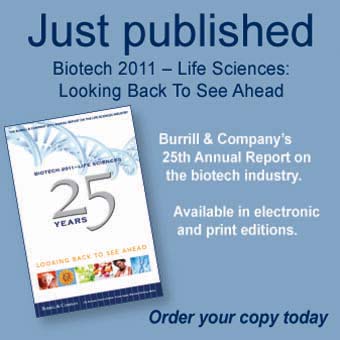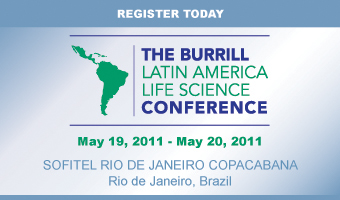“It makes patent reform significantly less attractive and significantly less beneficial.”
The long fight over patent reform legislation has taken an unusual twist with the addition of an amendment that has led the Biotechnology Industry Organization to withdraw its support for the bill until it is removed. The biotechnology industry, long at odds with the high-tech industry over the legislation, now finds itself in an eleventh hour fight with the generic drug industry.
At issue is the so-called Goodlatte supplemental examination amendment, which was added to the America Invents Act while it was before the House Judiciary Committee. The legislation as originally crafted would have allowed patent holders to use the reexamination process as a means of correcting material omissions in the information used to support granted patents.
BIO says the Goodlatte amendment undercuts this provision by creating disincentives for patent owners to use the new procedure by having the U.S. Patent and Trademark Office act as a quasi-investigative body. Earlier this month, the U.S. Senate passed its own version of the patent reform legislation without the amendment by a vote of 95-5.
The Generic Pharmaceutical Association had called the provision in the Act “its fatal flaw” saying it needed to be fixed to ensure consumer access to affordable medicines and to avoid undermining the integrity of the patent system.
“This legislation offers a free ride for those looking to mislead and misrepresent the PTO,” the GPhA said in a statement prior to the addition of the amendment. “While proponents may try to argue that the mechanism provided in the bill merely allows patent holders to correct inadvertent mistakes, what we are talking about here is purposeful lying and any claims to the contrary are simply disingenuous.”
The issue comes as the biotech industry braces for the door to open to biosimilars. The inability to correct material omissions in a patent file can leave companies vulnerable to costly litigation over unethical conduct. If a court determines that a company committed unethical conduct in winning a patent, it could invalidate the patent and open the door to immediate competition from generic drugmakers. Though not often the basis for invalidating pharmaceutical patents, attorneys say the threat of such litigation is a lever used by generic drugmakers to negotiate settlements with pharmaceutical companies.
“It makes patent reform significantly less attractive and significantly less beneficial,” says Kevin Noonan, a partner with the Chicago-based intellectual property law firm MBHB.
“BIO notes our objection to this bill being considered on the House floor,” said BIO CEO Jim Greenwood in a statement issued after the House Judiciary Committee passed the bill. “We commit to work with Chairman Smith and others to rectify this issue, so that a patent reform bill with broad support can be brought to the floor of the House.”
April 22, 2011
http://www.burrillreport.com/article-bio_sours_on_patent_reform_legislation.html






.gif)
